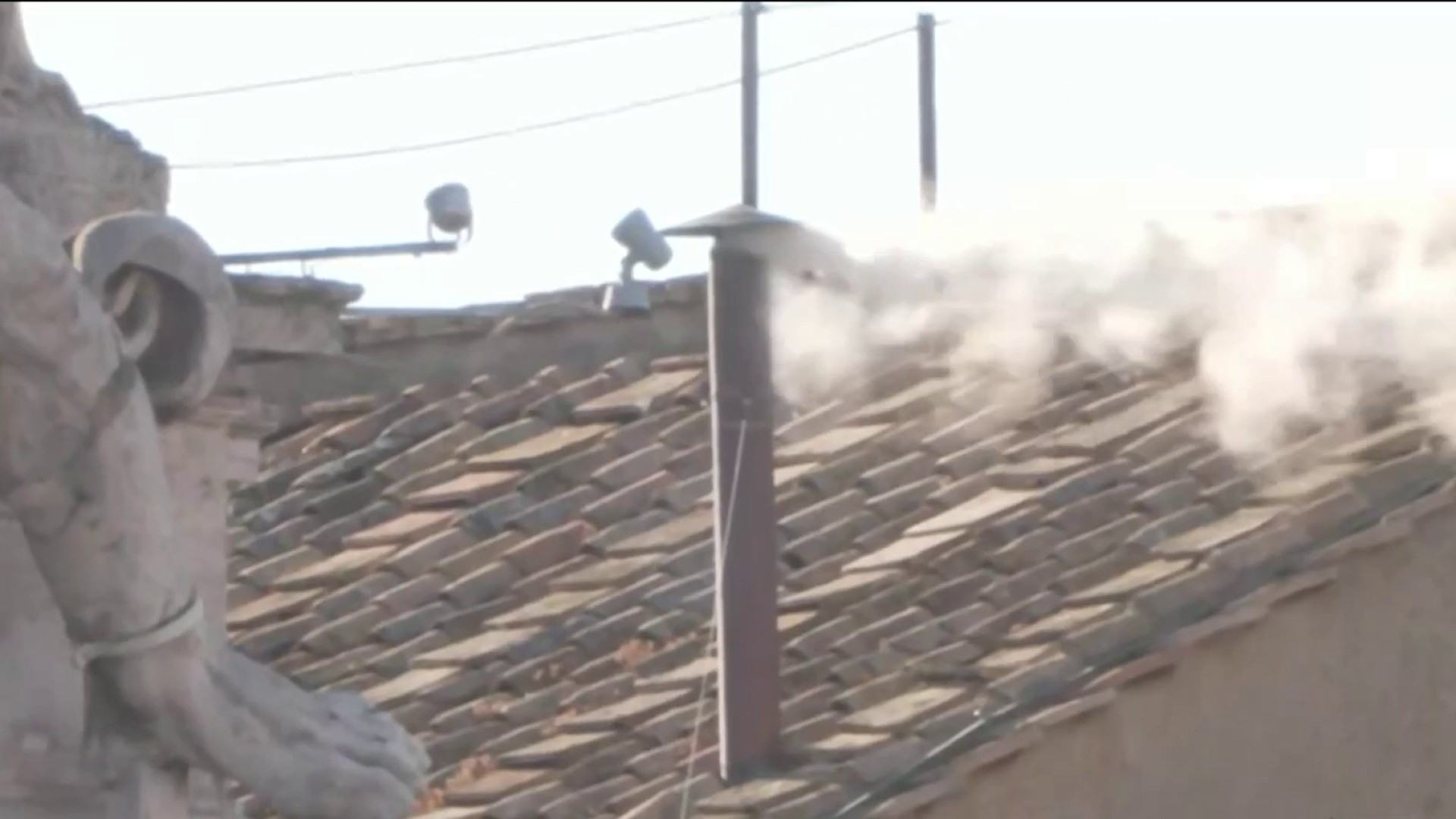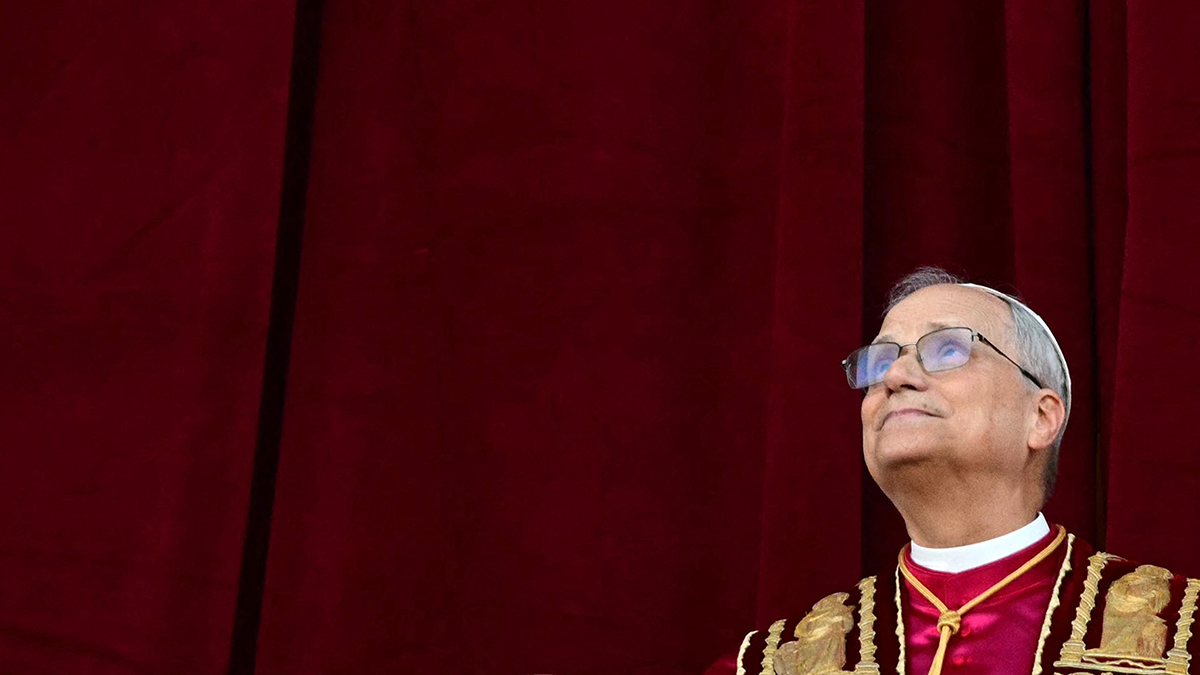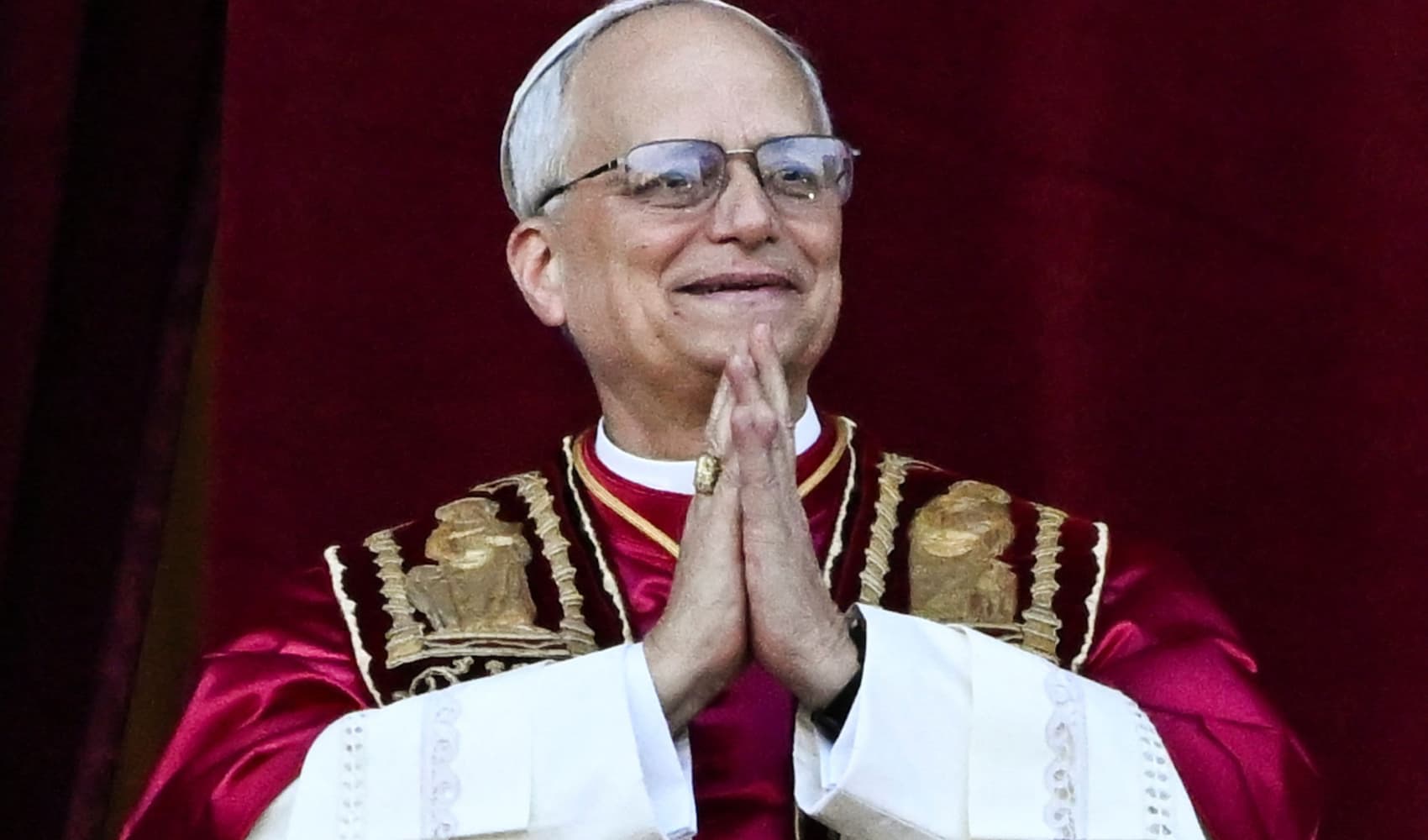New Pope Announced: When Will We Know?
Habemus Papam: The World Awaits – When Will the New Pope Be Announced?
The Anticipation Builds: A World on Watch
The air crackles with anticipation. All eyes are glued to Vatican City. The Sistine Chapel's chimney has spoken, and the white smoke has signaled the momentous occasion: a new Pope has been chosen! The world holds its breath, eagerly awaiting the traditional announcement from the balcony of St. Peter’s Basilica. What a moment! The question burning in everyone’s mind is: when will we finally know who the next leader of the Catholic Church will be?
Soon, the balcony doors will open, and the world will learn the identity of the new pontiff, along with the papal name he has selected. Get ready! This is more than just news; it's history in the making.
The Papal Announcement: A Time-Honored Tradition
The announcement of a new pope is steeped in centuries of tradition and symbolism. It's a carefully orchestrated event that connects the present with the rich history of the Catholic Church. But what exactly goes into this iconic moment?
The Protagonist: The Cardinal Protodeacon
The honor of announcing the new pope falls to the Cardinal Protodeacon. Currently, this role is held by Cardinal Angelo Sodano. However, the actual announcement is expected to be made by Cardinal Dominique Mamberti.
The Words That Echo Through History
The announcement itself is a moment of high drama and carefully chosen words. It begins with a Latin phrase that has resonated for generations.
"Annuntio vobis gaudium magnum": A Proclamation of Joy
“Annuntio vobis gaudium magnum!” – “I announce to you news of great joy!" These are the words that herald the arrival of a new pope. It's a phrase that instantly captures the spirit of the occasion, transforming anticipation into jubilation.
"Habemus Papam!": We Have a Pope!
“Habemus Papam!” – “We have a Pope!" The tension breaks. The waiting is over. These words, simple yet powerful, signal the end of the interregnum and the beginning of a new chapter for the Catholic Church.
The Identification of the New Pontiff
The Cardinal Protodeacon then proceeds to identify the new pope, revealing both his given name and the papal name he has chosen.
"Eminentissimum ac Reverendissimum Dominum (first name) Sanctae Romanae Ecclesia Cardinalem (surname)" – This translates to "The Most Eminent and Most Reverend Lord (first name), Cardinal (surname) of the Holy Roman Church." It's a formal declaration that leaves no room for doubt.
The Papal Name: A Reflection of Choice and Legacy
The choice of a papal name is a significant decision for the new pontiff. It can reflect his priorities, his inspirations, and his desire to connect with previous popes who embodied certain values. Why does the new pope choose a new name anyway?
Significance of the Papal Name
The papal name is not merely a title; it is a statement. It can honor a patron saint, signal a particular direction for the papacy, or even pay tribute to a predecessor. The chosen name offers a glimpse into the heart and mind of the new pope.
The Appearance on the Balcony: A First Glimpse
Shortly after the announcement, the new pope will emerge onto the balcony of St. Peter’s Basilica to greet the throngs of supporters gathered in the square below. What can we expect from this first appearance?
The "Urbi et Orbi" Blessing
One of the highlights of this initial appearance is the "Urbi et Orbi" blessing – a special blessing given by the pope to the city of Rome and to the world. This blessing is a symbolic gesture of unity and a plea for peace and reconciliation.
Timing is Everything: Factors Influencing the Announcement
While the world eagerly anticipates the announcement, the exact timing can vary. Several factors come into play, making it difficult to predict precisely when the "Habemus Papam!" will be declared.
Speed of the Conclave
The speed with which the cardinals reach a decision in the conclave is a primary factor. A swift election means a quicker announcement. However, if disagreements persist, the process can take longer.
Preparations for the Announcement
Once a pope is elected, there are practical matters to attend to, such as informing the new pontiff of his election, obtaining his acceptance, and preparing the balcony for the announcement. These logistical considerations can influence the timing.
The Weight of the Moment: A Profound Responsibility
Can you imagine being chosen to lead over a billion Catholics worldwide? The weight of this responsibility is immense. The new pope needs time to collect himself and prepare for the daunting task ahead.
Beyond the Announcement: What Happens Next?
The announcement of the new pope is just the beginning. A series of events and ceremonies follow, marking the official start of his papacy.
The Papal Inauguration
The papal inauguration is a formal ceremony that marks the beginning of the new pope's reign. It typically takes place within a few days of the election and involves a solemn Mass and the presentation of the pallium – a symbol of papal authority.
The Journey Ahead: Leading the Catholic Church
With the inauguration complete, the new pope embarks on the journey of leading the Catholic Church. He will face numerous challenges and opportunities, shaping the future of the Church and influencing the lives of millions around the world.
Historical Examples: A Look Back at Past Papal Announcements
To better understand the anticipation surrounding the upcoming announcement, let's take a quick look back at some past papal elections and announcements.
The Election of Pope Francis: A Moment of Surprise
The election of Pope Francis in 2013 was a surprise to many. His humility, his focus on the poor, and his calls for reform resonated with people around the world. The announcement of his name was met with both excitement and curiosity.
The Papacy of Benedict XVI: A Legacy of Intellect and Faith
Benedict XVI’s pontificate was one marked by intellectual rigor and a deep commitment to tradition. His resignation in 2013 paved the way for the election of Pope Francis.
Staying Informed: How to Follow the Announcement Live
In today's interconnected world, staying informed about the papal announcement is easier than ever. There are numerous ways to follow the news live and experience the moment as it unfolds.
Reliable News Sources
Reputable news organizations, such as the Associated Press, Reuters, and major television networks, will provide live coverage of the announcement. Look for their reporting on television, radio, and online.
Vatican Websites and Social Media
The Vatican's official website and social media channels will also provide updates and live streaming of the event. These are excellent sources for accurate and reliable information.
The Significance for Catholics Worldwide
The election and announcement of a new pope is a profoundly significant event for Catholics around the globe. It marks a time of transition, renewal, and hope. The pope serves as the spiritual leader for over a billion people, and his election has far-reaching implications.
A Global Event: Why the World Cares
Even for those who are not Catholic, the election of a new pope is a noteworthy event. The pope is a global figure whose words and actions can influence international relations, social justice issues, and interfaith dialogue. It's a moment that transcends religious boundaries and captures the attention of the world.
Conclusion: The World Awaits with Anticipation
The world is holding its breath, waiting for the moment when the words "Habemus Papam!" echo across St. Peter’s Square and around the globe. The announcement of the new pope is a moment of profound significance, steeped in tradition and brimming with hope for the future. As we await this historic event, we can reflect on the importance of leadership, faith, and the enduring power of tradition. Get ready for history to unfold! The anticipation is palpable, and the world is about to witness a moment that will be remembered for generations to come. The announcement of the new Pope is not just a religious event; it is a global event that will shape the future of the Catholic Church and impact the world in countless ways.
Frequently Asked Questions
- How long does the conclave usually last?
The length of a papal conclave varies. Some conclude within a day or two, while others can last several days or even weeks, depending on the cardinals' ability to reach a consensus.
- What happens if the cardinals can't agree on a pope?
If the cardinals are unable to elect a pope after a certain number of ballots, the process is suspended for a period of prayer and reflection. After this break, voting resumes.
- Where does the new pope live?
Traditionally, the pope resides in the Apostolic Palace, located within Vatican City. However, Pope Francis has chosen to live in the Domus Sanctae Marthae, a guesthouse within the Vatican.
- How is the papal name chosen?
The new pope chooses his papal name shortly after accepting the election. He can choose to honor a previous pope, a patron saint, or to signal his intentions for his papacy.
- What are the main duties of the pope?
The pope's primary duties include leading the Catholic Church, teaching and interpreting Catholic doctrine, appointing bishops, and representing the Church in its relations with other religions and governments.


